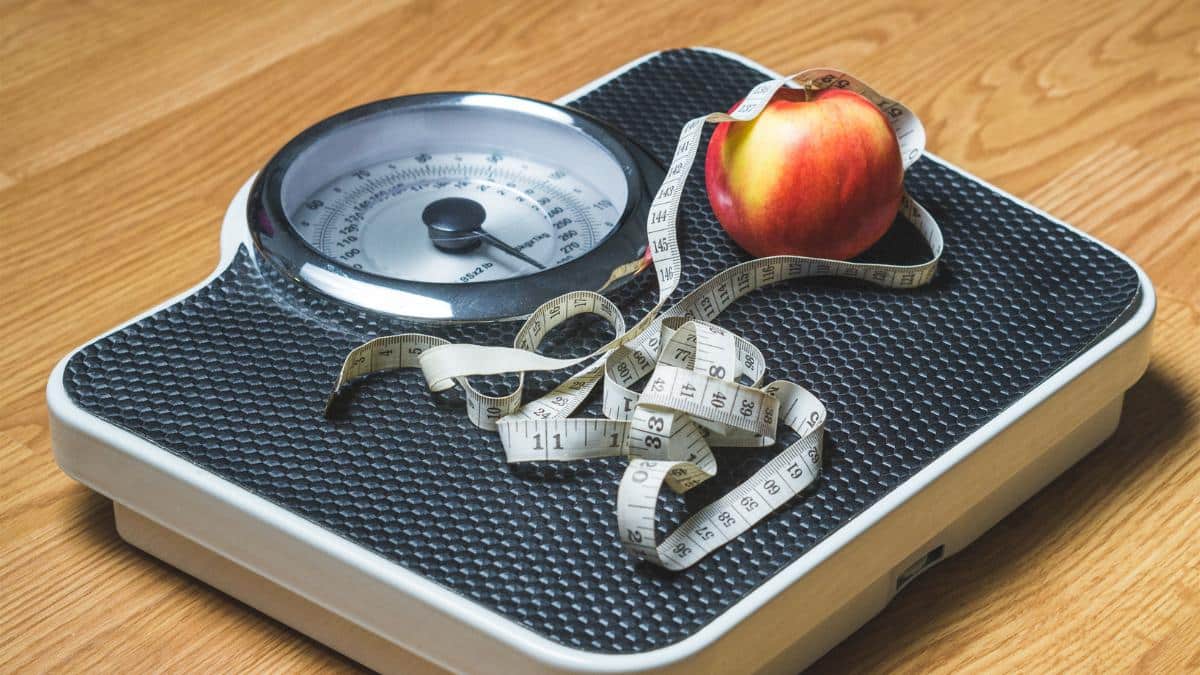Embarking on a new diet can be an exciting yet challenging journey. Many wonder, “How long does it take for my body to respond to a new diet?” The answer to this question depends on various factors, including the type of diet, individual metabolism, and overall lifestyle. This article will explore the stages of dietary adjustment, what to expect, and tips to make the transition smoother.
Here are the stages of dietary adjustment:
Initial Phase (1-2 Weeks)
- Physical Reactions: During the first week, your body begins to respond to the changes in your diet. You might experience symptoms like headaches, fatigue, or digestive issues as your body detoxifies and adapts to new nutrient intake.
- Mental Adjustment: Cravings for old eating habits can be intense. During this period, it is crucial to stay mentally prepared and focused on your goals.
Adaptation Phase (3-4 Weeks)
- Improved Digestion: As your body gets used to the new diet, digestive issues typically subside. You may notice better digestion and increased energy levels.
- Stable Weight Changes: If weight loss or gain is a goal, you may start seeing more consistent results around this time.
Maintenance Phase (1-3 Months)
- Nutrient Balance: Your body has adjusted to the new diet, efficiently absorbing nutrients. Any initial symptoms like fatigue should have improved.
- Lifestyle Integration: Your new eating habits become a regular part of your lifestyle, making it easier to maintain the diet long-term.
Factors Influencing Adjustment Period
- Type of Diet: A drastic change, like switching to a vegan or ketogenic diet, may take longer for the body to adjust than moderate changes, like reducing sugar intake or portion control.
- Individual Metabolism: Metabolic rates vary among individuals, influencing how quickly one can adapt to dietary changes.
- Pre-existing Conditions: Chronic conditions such as diabetes or thyroid issues can affect how your body responds to a new diet.
Tips for a Smooth Transition
- Stay Hydrated: Drinking plenty of water aids digestion and helps manage hunger and cravings.
- Gradual Changes: If possible, introduce dietary changes gradually to give your body time to adjust.
- Balanced Meals: Ensure your new diet is well-balanced, providing essential nutrients to avoid deficiencies.
- Listen to Your Body: Pay attention to how your body feels and adjust the diet if necessary. Consult a healthcare professional if you experience severe discomfort.
- Support System: Engage with support groups or dietitians for guidance and motivation.
Conclusion
Adjusting to a new diet requires patience and persistence. Understanding the stages of dietary adjustment and being mindful of your body’s responses can make the transition smoother.
Remember, every individual’s journey is unique, and finding a diet that works best for you is essential. Stay committed, and over time, your body will thank you for the positive changes.
By following these guidelines and understanding the process, you can successfully adjust to a new diet and achieve your health and fitness goals.
Subscribe now and get a 14-day free trial workout app for iPhone users.






